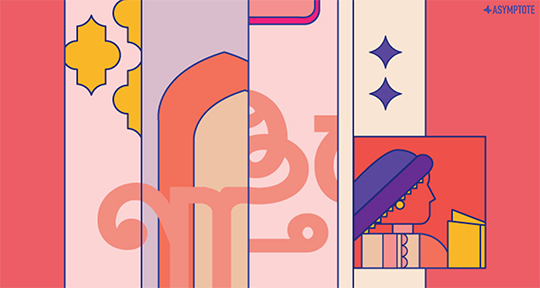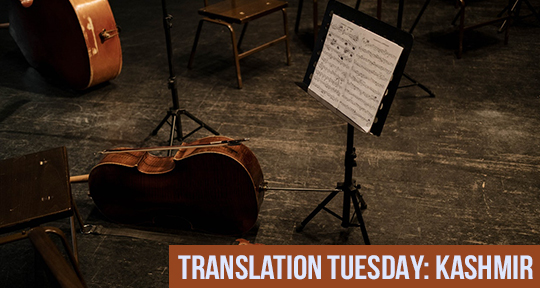Branded as “the world’s grandest celebration of books and ideas” and “the greatest literary show on earth,” the Jaipur Literature Festival has grand ambitions for storming the world stage as a thoughtful and progressive interchange of literary excellence and social engagement. Now in its eighteenth edition, however, the festival has shifted towards an alignment with pro-establishment sponsors and government entities, initiating questions on how a necessarily commercial event can serve to dismantle exclusive hierarchies and status quos. In the following dispatch, Matilde Riberio discusses the various shortcomings of the festival in its conduct and programming, as well as its ideological evolution over the years.
The Jaipur Literary Festival (JLF), India’s largest literary event and one of its first to attract an international audience, has long positioned itself as a confluence of ideas, texts, narratives, and genres—a place where, as the academic Soni Wadhwa wrote after the 2024 edition: “Nobody tries to distance themselves from it. All are welcome.” At the same time, the festival has always been a space of political contest, and nearly every edition has been caught up in controversies involving the stifling of free speech, corporate sponsorship by companies with markedly unethical practices, and sexual misconduct allegations against various panelists and the cofounder, William Dalrymple.
The question thus becomes whether the JLF can transcend these roots to actually become a junction of subcontinental voices, or whether it will continue to grow into an increasingly overt vehicle of privilege, elitism, and capitalism as the years pass. Unfortunately, the issues that have mired the 2025 edition, taking place over January 30 to February 3, suggest that the festival may have finally shed any pretensions of being anything other than a business-friendly, upper-caste Hindu-dominated, and state-sanctioned “tamasha,” as the journalist and activist Aakar Patel described an earlier edition, using the Hindi and Urdu word for “spectacle.” READ MORE…



